13 Surprising Things You Cannot Store in Your Garage Without Risking Trouble
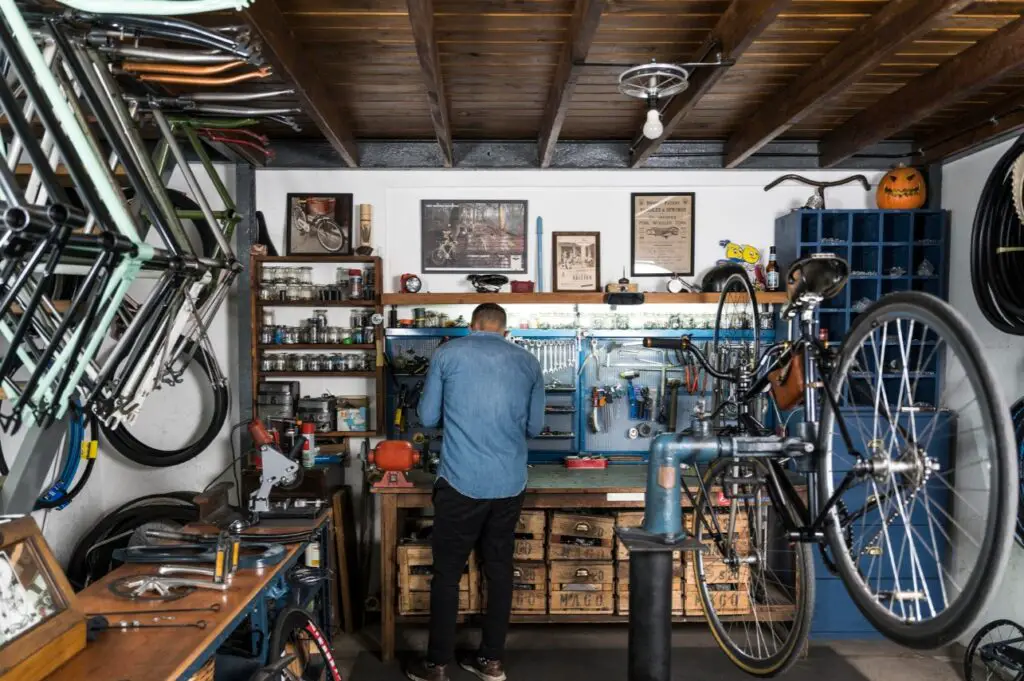
Think your garage is the perfect place to stash anything you do not want cluttering up your house? You are not alone—but you might be making a costly mistake. While garages often become the unofficial storage unit for everything from holiday decor to leftover paint, there are several everyday items that should never be stored there. The risks range from fire hazards and pest infestations to property damage and even insurance nightmares. Some of these items might even violate local safety regulations or void your homeowners insurance in case of an accident. Whether it is about safety, legality, or simply protecting your belongings, this list reveals 13 surprising things you should never keep in your garage—and the serious reasons why.
1. Propane Tanks
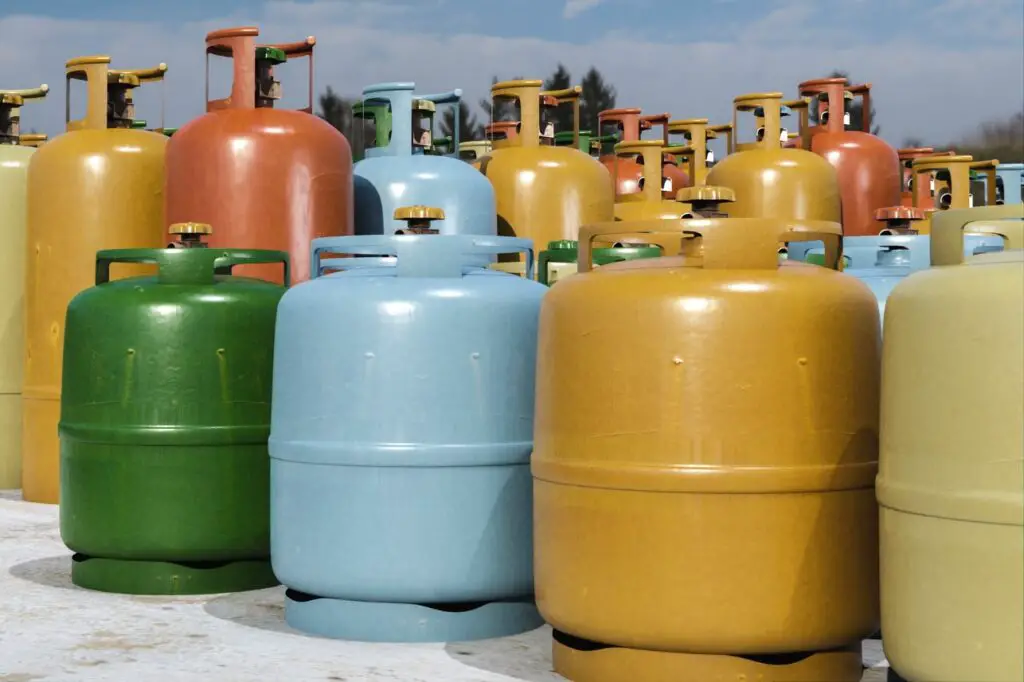
Propane tanks are extremely flammable and can become explosive if not stored properly. Keeping them in your garage may feel convenient, especially when you are grilling regularly, but it is actually a major fire hazard. These tanks can leak slowly over time, and any minor spark—like from starting your car or using a power tool—can ignite the gas. Propane also becomes more unstable in extreme heat, something garages are known for in the summer. Most fire codes require propane to be stored outside, in an upright position, and away from enclosed spaces and direct sunlight. Stick to those guidelines to avoid a potentially deadly mistake.
2. Paint and Paint Thinner
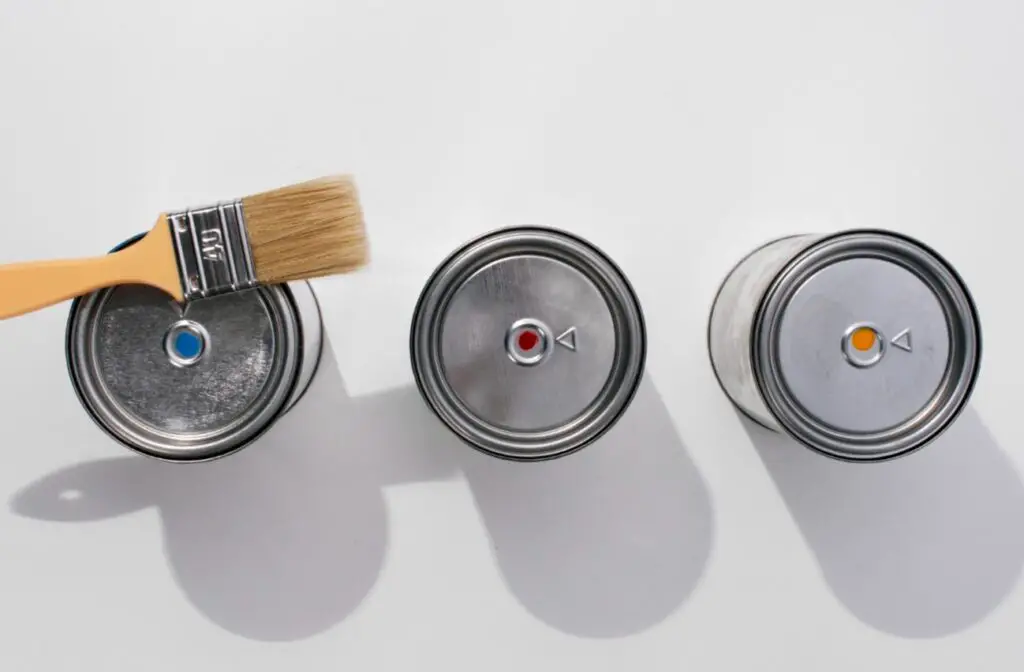
Paints, varnishes, and paint thinners are highly sensitive to temperature changes, which makes garages a poor place to store them. In high heat, these substances can expand, leak, or even combust, while in cold temperatures, they can separate and become unusable. The vapors released from paint thinner can also be toxic in enclosed areas and pose health risks. Storing them improperly may even violate hazardous material regulations in your area. For both safety and quality control, these materials are best kept in a cool, dry indoor space away from kids and pets.
3. Food and Pantry Items
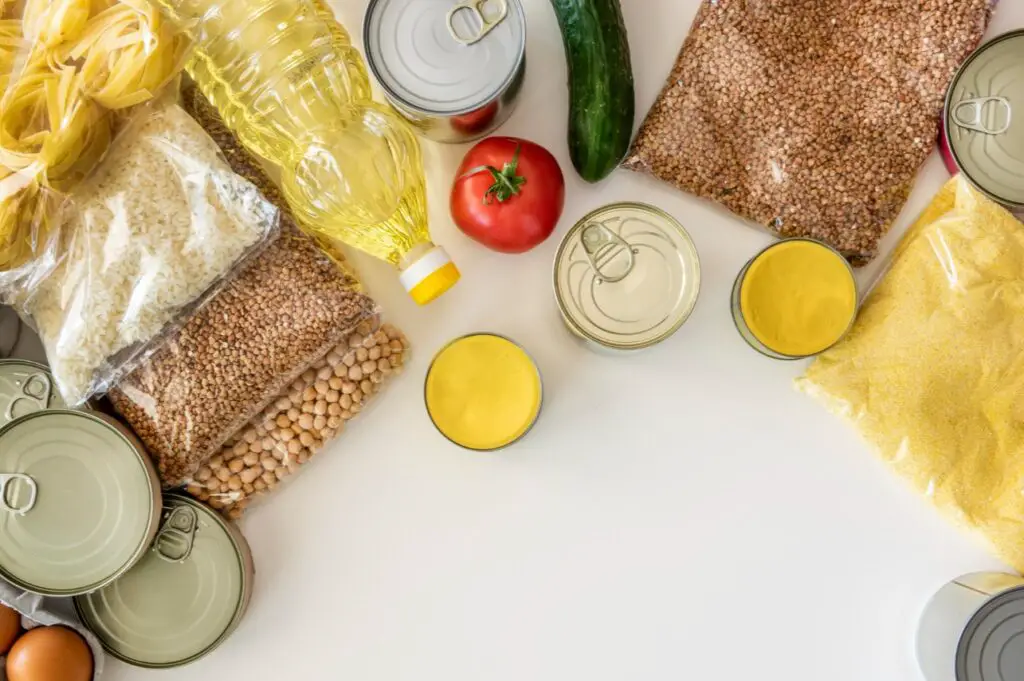
Even if your garage has shelving or storage bins, it is not the place to keep food—whether canned, boxed, or bagged. Extreme temperatures can cause food to spoil faster or degrade in quality, and even sealed cans are not immune to heat, which can affect their integrity. More importantly, food attracts pests like mice, ants, raccoons, and even snakes. Once these animals find a food source in your garage, they are not going anywhere, and they may start exploring your house next. Stick to keeping food inside your kitchen pantry or a properly ventilated basement area.
4. Pet Food

Just like human food, pet food should never be stored in the garage. Heat and moisture can quickly spoil dry kibble and canned pet foods, potentially making your furry friends sick. Plus, the strong smell of pet food can attract a whole range of critters, from rodents to insects. Rodents can chew through the packaging and contaminate the food with droppings and urine, making it unsafe for your pet. Always store pet food in sealed, airtight containers inside your home, preferably in a pantry or cupboard that is cool and dry.
5. Electronics
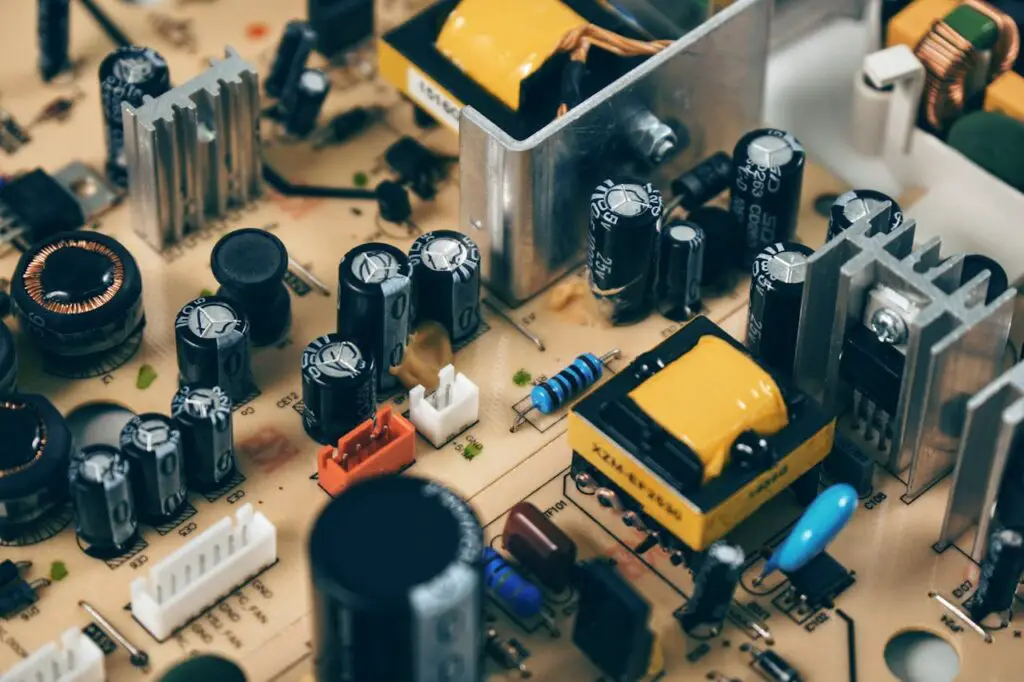
Old televisions, computers, gaming consoles, and other electronics are often moved to the garage when they are not in use, but garages are one of the worst places to store sensitive tech gear. Electronics do not handle humidity or extreme temperatures well—both of which are common in most garages. Heat can warp plastic and melt components, while cold can crack screens or internal wiring. Moisture also poses a big risk by corroding circuits and attracting mold. If you want to preserve your electronics for future use or resale, keep them in a climate-controlled area indoors.
6. Important Documents and Photos

You may think keeping tax documents, old family photos, or birth certificates boxed up in your garage is safe—but it is far from it. Paper is highly vulnerable to moisture, which can lead to mold, mildew, and total deterioration. Rodents can also chew through boxes and destroy valuable paperwork. Even worse, if a fire or flood occurs, you may lose irreplaceable documents forever. It is much safer to keep important records in a fireproof safe inside your home, or to digitize them and store the originals in a secure filing cabinet indoors.
7. Clothing and Bedding
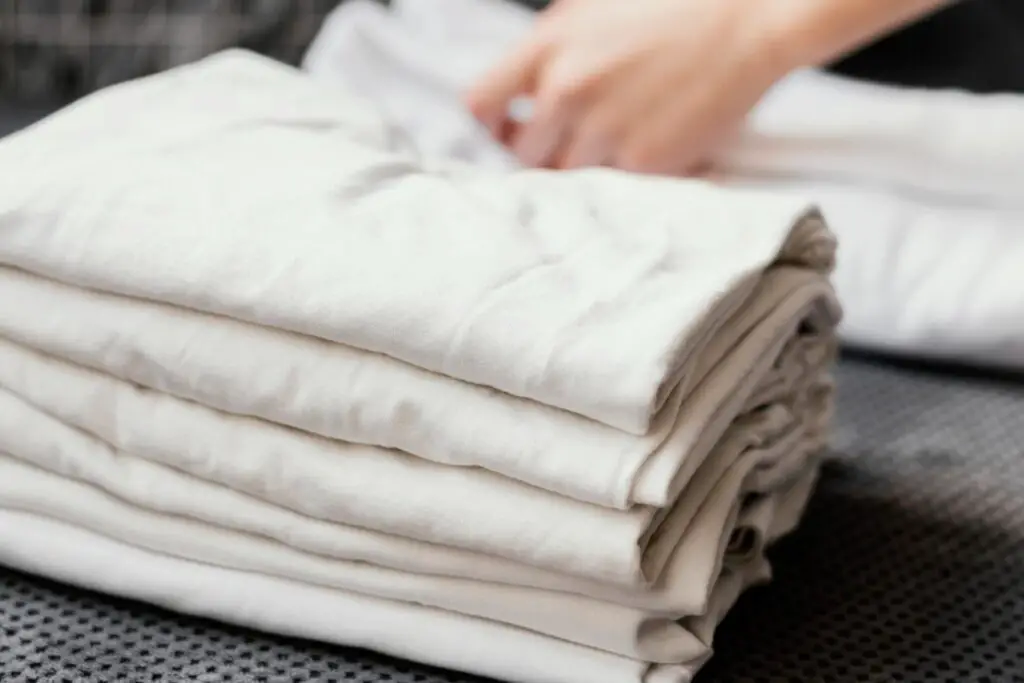
It might seem like a good idea to store your winter wardrobe or extra linens in the garage during the off-season, but fabrics absorb moisture easily and can develop mold or mildew. Bugs and rodents also love nesting in soft materials, turning your cozy blankets into a breeding ground for pests. Plastic storage bins do not offer full protection either—humidity can still get in and damage your belongings. Use vacuum-sealed bags and store clothing and bedding in your closet, under-bed storage, or an interior storage room with regulated temperature.
8. Wood Furniture

Garages are notorious for fluctuating temperatures and humidity, both of which wreak havoc on wood furniture. Even well-finished pieces can warp, crack, or split over time if stored in a poorly insulated area. If your garage is not climate-controlled, storing antique or quality wooden furniture there could ruin it beyond repair. There is also the added risk of pests like termites and carpenter ants, which are attracted to wood and love dark, quiet spaces like garages. Protect your investment by keeping wood furniture indoors in a stable environment.
9. Wine and Alcohol

Wine and spirits require very specific conditions to maintain quality—namely cool, dark, and stable environments. Garages fail on all three fronts. The temperature swings alone are enough to spoil wine, especially if the cork dries out and lets in air. Heat can also cause bottles to expand and leak, while humidity can destroy labels and packaging. For collectors or casual drinkers alike, keeping alcohol in the garage is a recipe for wasted money. Invest in a wine fridge, basement wine rack, or a designated bar area indoors.
10. Cardboard Boxes
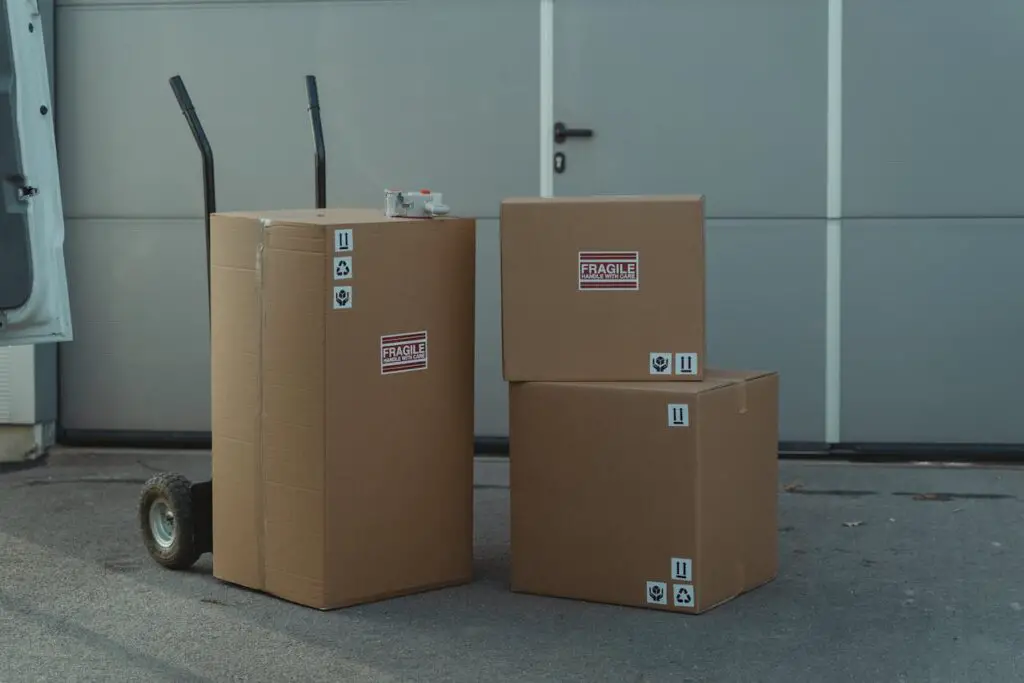
It is easy to stash your storage items in cardboard boxes and pile them up in the garage, but cardboard is not a long-term solution. It absorbs moisture like a sponge, becomes moldy, and can collapse under its own weight. On top of that, cardboard is a favorite nesting material for rodents and insects. If you have items you truly want to preserve, invest in heavy-duty plastic storage bins with tight-fitting lids that offer better protection against weather, water, and pests.
11. Oily Rags
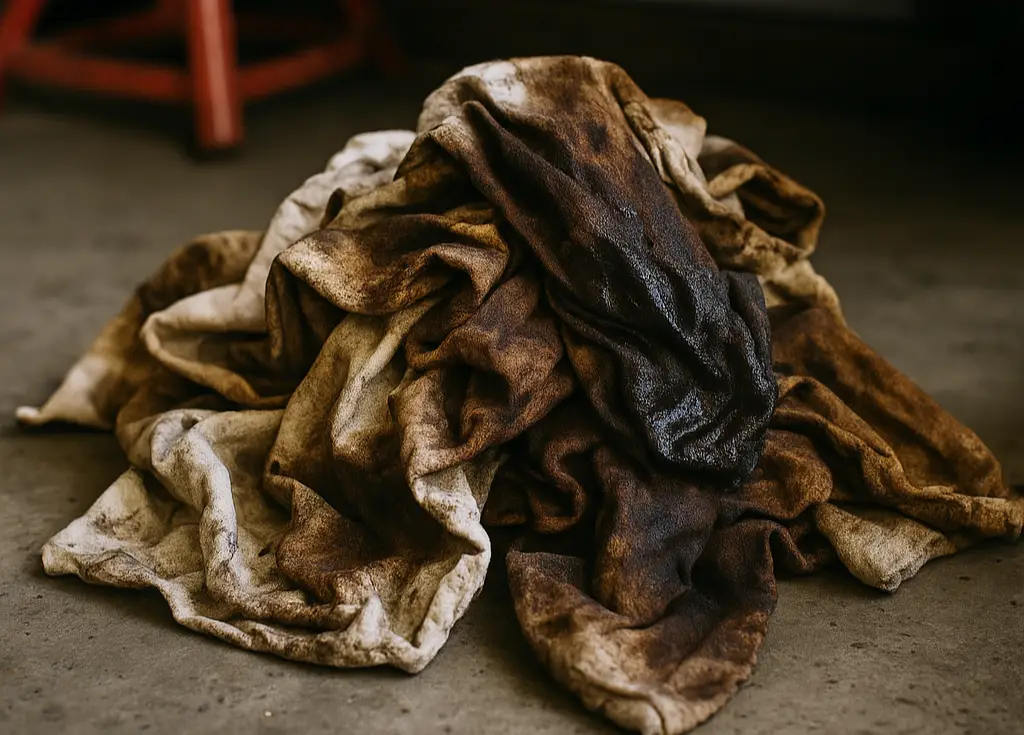
Rags soaked in oil, stain, or solvent should never be left in the garage—especially in a pile or open container. These materials are highly flammable and can spontaneously combust without an external heat source, a phenomenon known as auto-ignition. That means you could walk out of your garage with everything intact and return to a raging fire hours later. Dispose of oily rags according to local hazardous waste guidelines or store them in a specialized sealed metal container designed for this purpose.
12. Lawn Chemicals and Pesticides
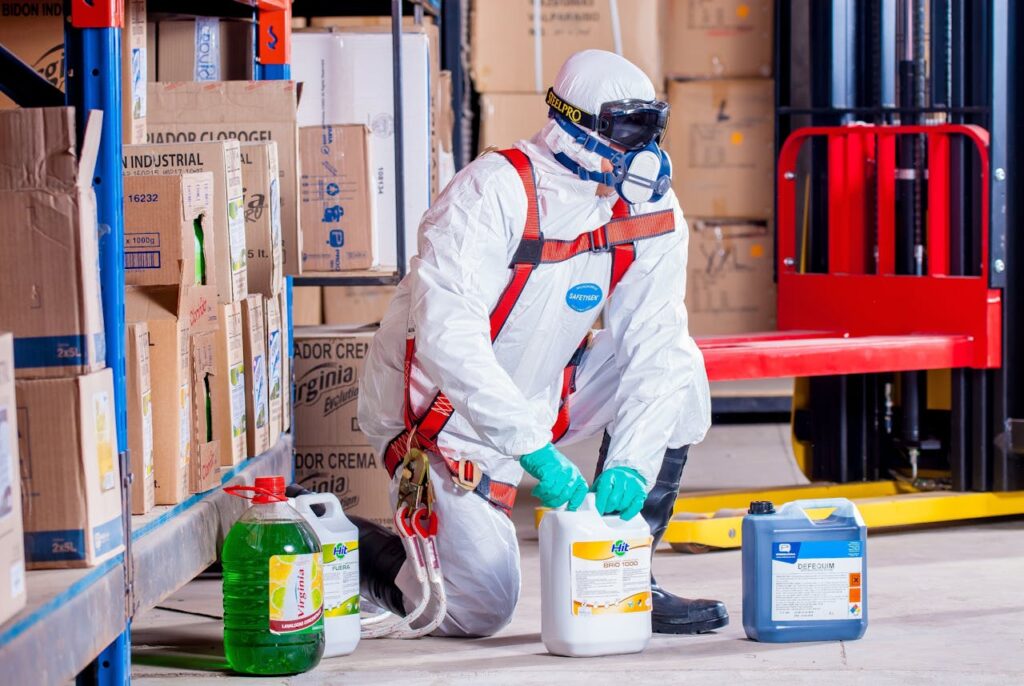
It seems logical to store weed killers, insecticides, and other lawn chemicals in the garage near your tools, but these substances are often volatile and dangerous when exposed to high heat or moisture. Some can emit toxic fumes or become unstable if stored too close to ignition sources like water heaters or power tools. Many home insurance policies will not cover damage caused by improperly stored chemicals, so keep them in a locked, ventilated shed or cabinet designed for hazardous materials.
13. Valuables and Collectibles
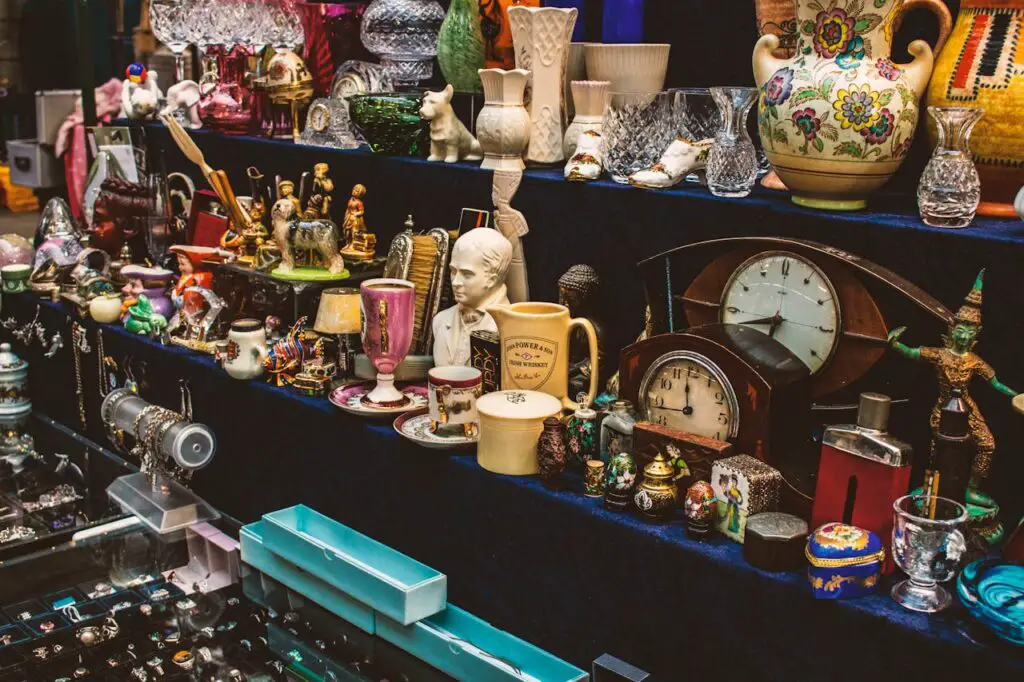
Your garage might have extra space, but it is not secure or stable enough to house valuable items like artwork, antiques, or collectibles. Fluctuating humidity and temperature can damage delicate items, fade fabrics or paper, and warp materials like plastic and wood. More importantly, garages are easy targets for burglars since they are often less secure than the main house. Insurance companies may also deny claims for stolen or damaged valuables stored in a non-approved area like a garage. Store irreplaceable and high-value items indoors, preferably in a locked, climate-controlled space.
Final Thoughts
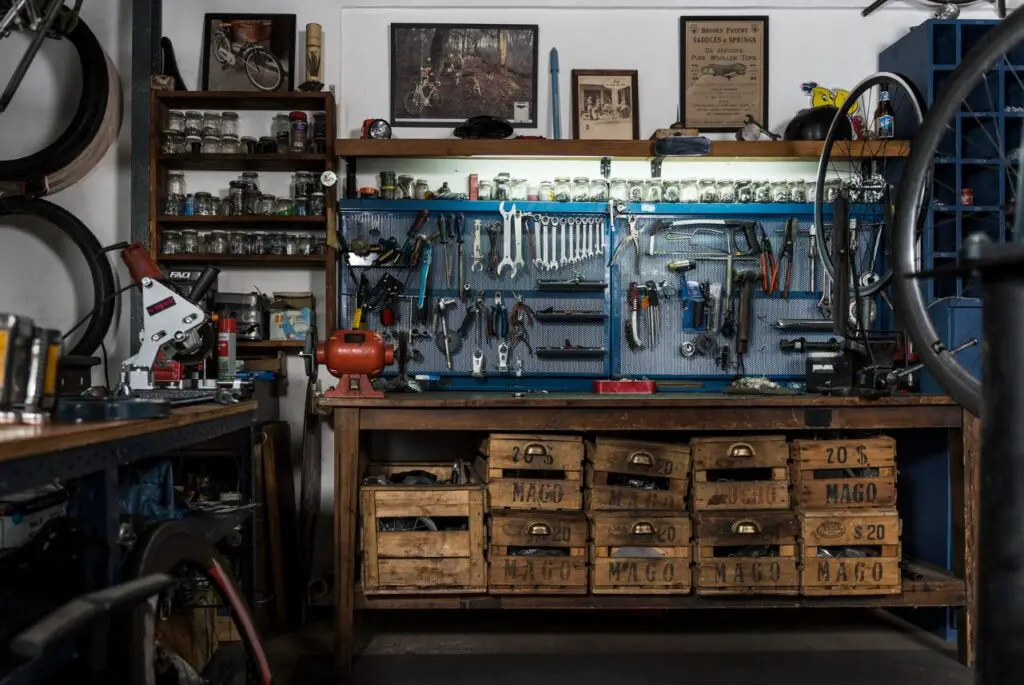
Just because your garage has space does not mean it is safe for everything. Many common household items require specific conditions to remain intact and functional, while others pose legal or safety risks when kept in a garage. From fire hazards and pest problems to potential insurance nightmares, the cost of improper garage storage can be steep. By knowing what not to store in your garage, you can keep your home safer, cleaner, and better protected against the unexpected. Take time to evaluate your current garage setup—you might be surprised at what needs relocating.
Leave a Reply